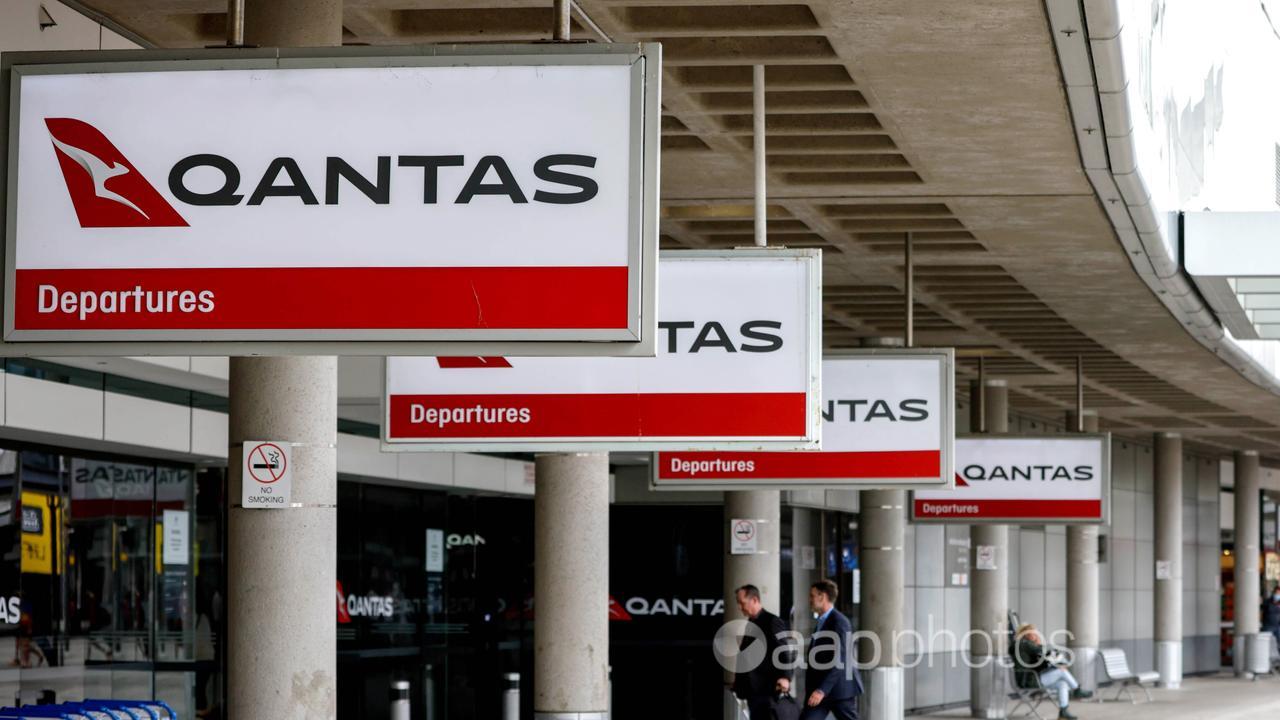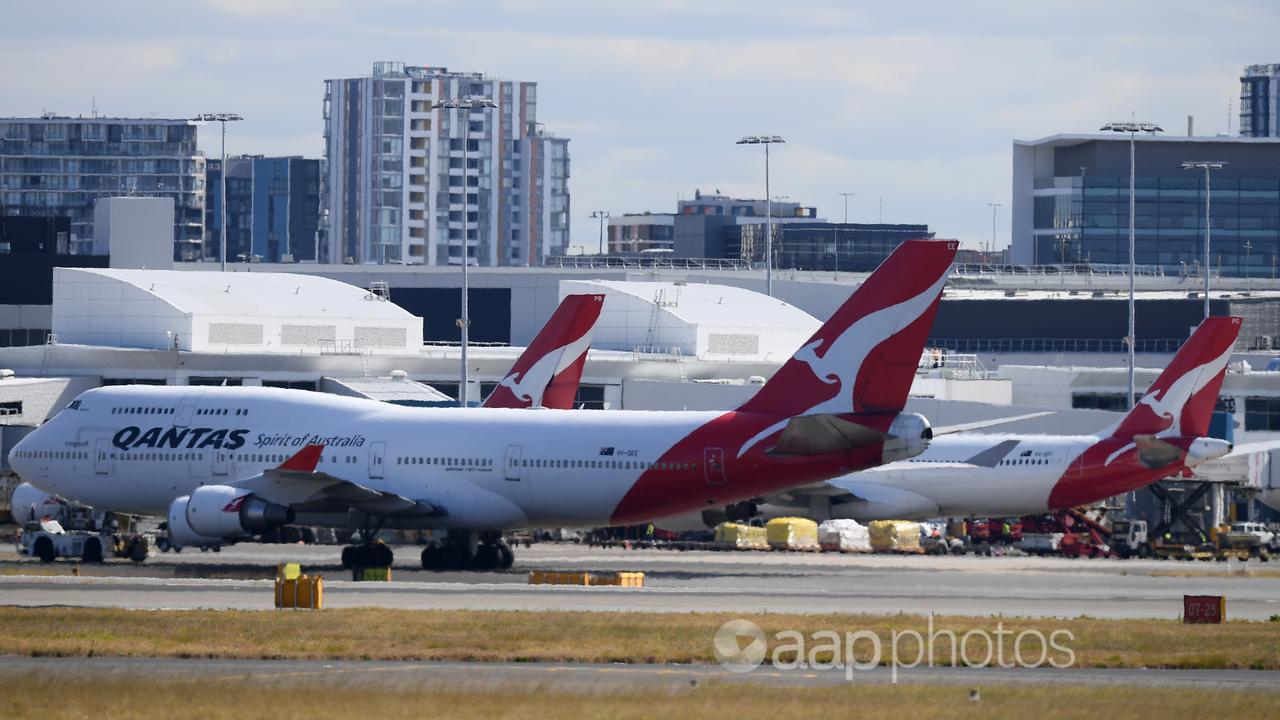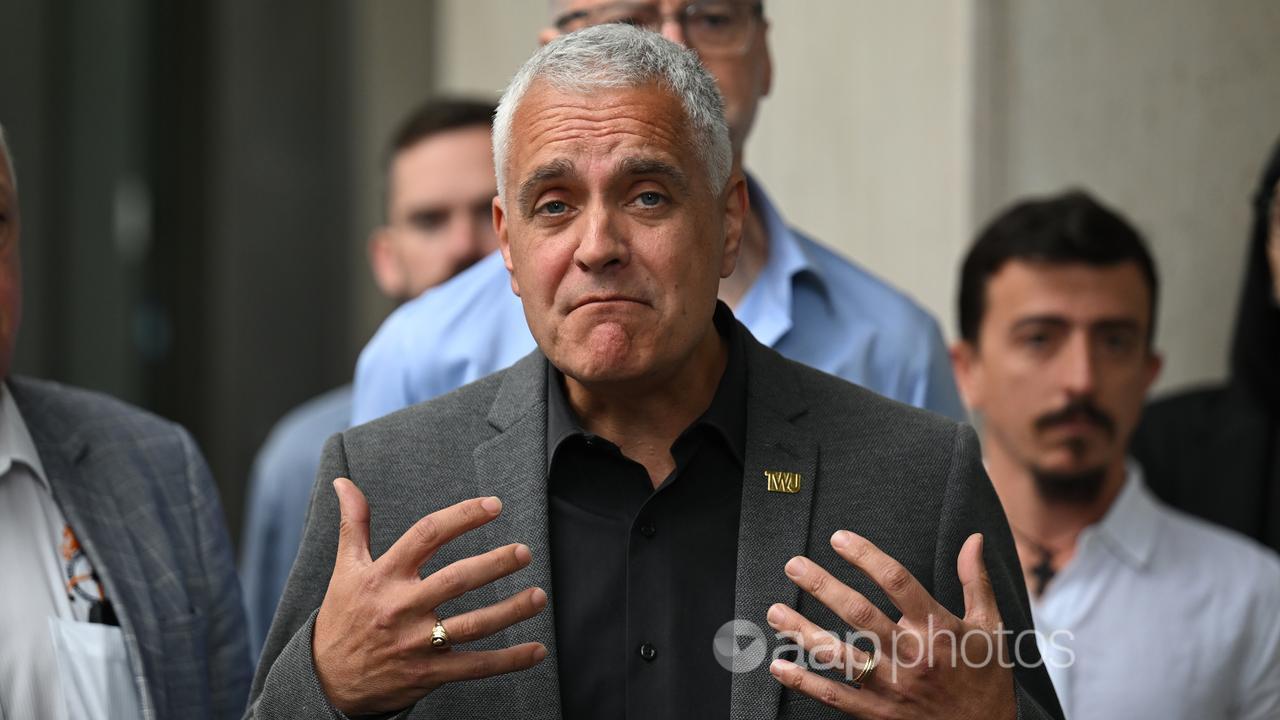Qantas has trimmed millions of dollars from Alan Joyce’s departing pay packet after the former chief took off early from the airline he is accused of running under a “command and control” approach.
Other executives and directors also face a cut following a review after brand turbulence triggered Mr Joyce’s departure in September.
He had been due to leave in November, which would have marked 15 years since he started piloting the airline in 2008.
A review of Qantas’ governance, released on Thursday, said the dominant Australian carrier was run by an overly deferential board under the ascendant Mr Joyce.

“The group had a ‘command and control’ leadership style with centralised decisions and an experienced and dominant CEO,” it said.
“That cultural characteristic underpinned some of the events that affected the group’s reputation.”
Mr Joyce will forfeit a tranche of more than one million incentive-based shares and lose a $900,000 bonus, Qantas said.
The $8.36 million loss the forfeiture represented was based on a share price of $6.20 from end of June 2023, the airline said.
Earlier that month, Mr Joyce sold millions of shares, worth more than twice that amount, which the review found contributed to lost trust in the airline.
Qantas said future trading in the airline’s shares by the chief executive would require approval from the chair of the board and its audit committee.
The airline’s shares closed at $5.85 on Thursday.
Up to $14.4 million of Mr Joyce’s $21.4 million package for his final year in the job could potentially be clawed back, Qantas’ most recent annual report said, adding his base pay of more than $2.1 million had not increased since 2018.

The airline launched a review in October after a 12-month period in which Qantas was accused of advertising flights it had already cancelled and found to have illegally sacked more than 1600 workers during the COVID-19 pandemic.
A $100 million penalty awaits for the phantom flights, while the cost of breaching the Fair Work Act are still to be determined.
Comments Mr Joyce made questioning the “match fitness” of post-pandemic travellers as the airline lost luggage, delayed flights and left customers on hold contributed to trust falling in the iconic brand.
The review by independent business adviser Tom Saar found the airline needed a more balanced approach to executive pay.
“It is acknowledged that the remuneration model was not in line with market leading practice and was a constraint to corporate governance in an environment where the company was facing a reputational crisis,” it said.
Details on executive remuneration changes will come when the airline’s next annual report lands.
Among 10 “improvement themes”, Mr Saar’s review urged prioritising staff and making the airline “a great place to work” again.

Transport Workers’ Union national secretary Michael Kaine said Qantas could not begin a new chapter without compensating the workers it illegally sacked during the pandemic.
“Over four years after their illegal sackings, these workers are yet to receive a cent, and the new CEO of Qantas keeps sending down armies of lawyers to the federal court to argue they should receive nothing,” he said.
“That doesn’t sound like a new leaf has been turned.”
Qantas chairman-elect John Mullen said Mr Saar’s review charted a path to restore pride in the airline, self-described as the “Spirit of Australia”.
“It’s clear that we let Australians down,” he said.
“There is still a significant amount of work to be done to rebuild the trust of all stakeholders.”




















